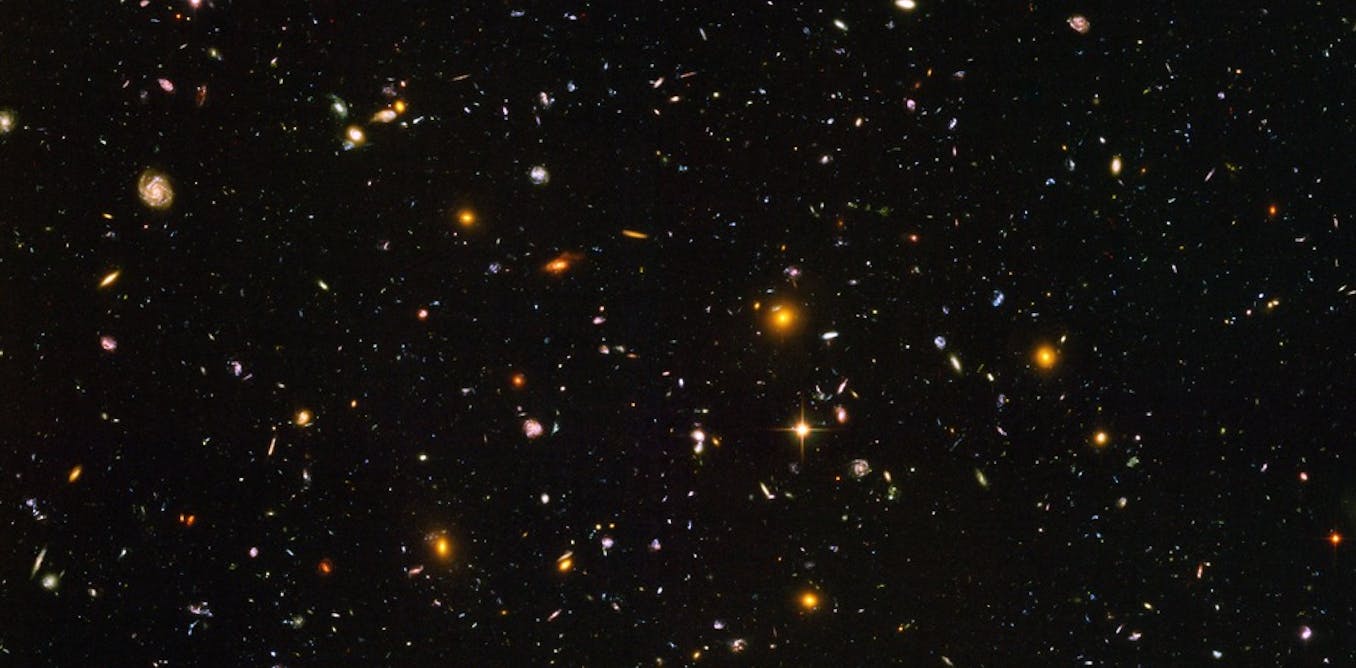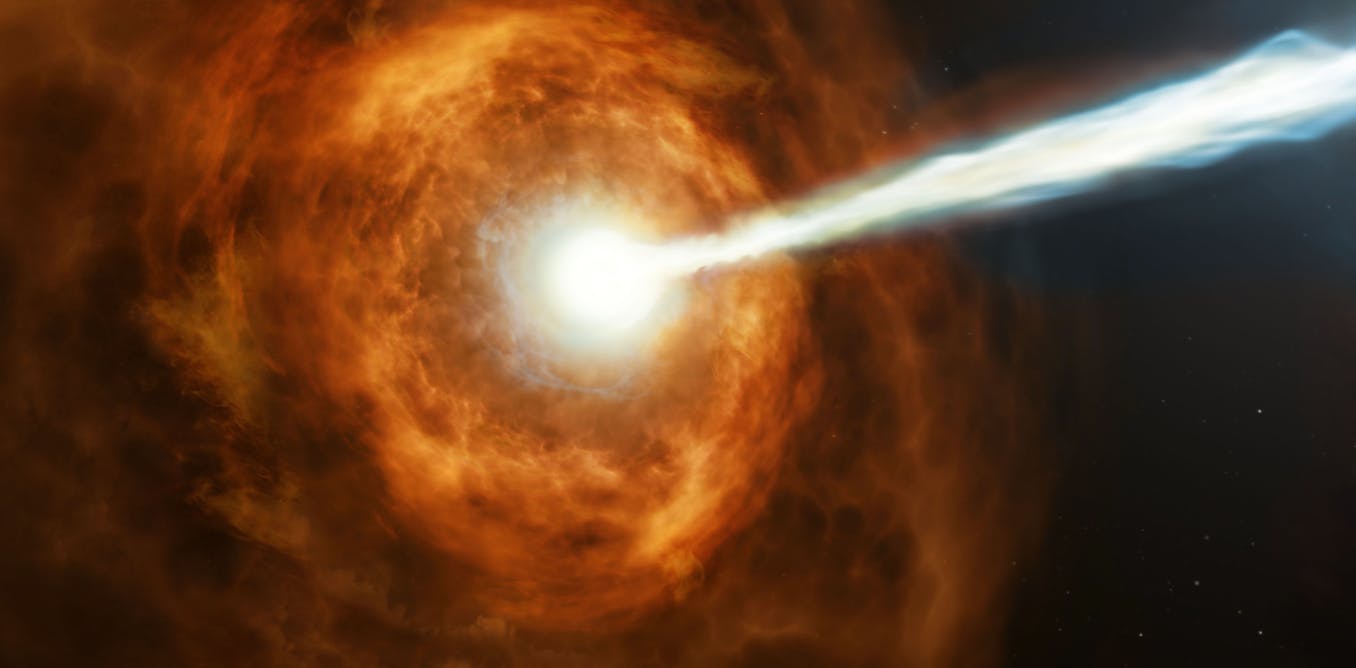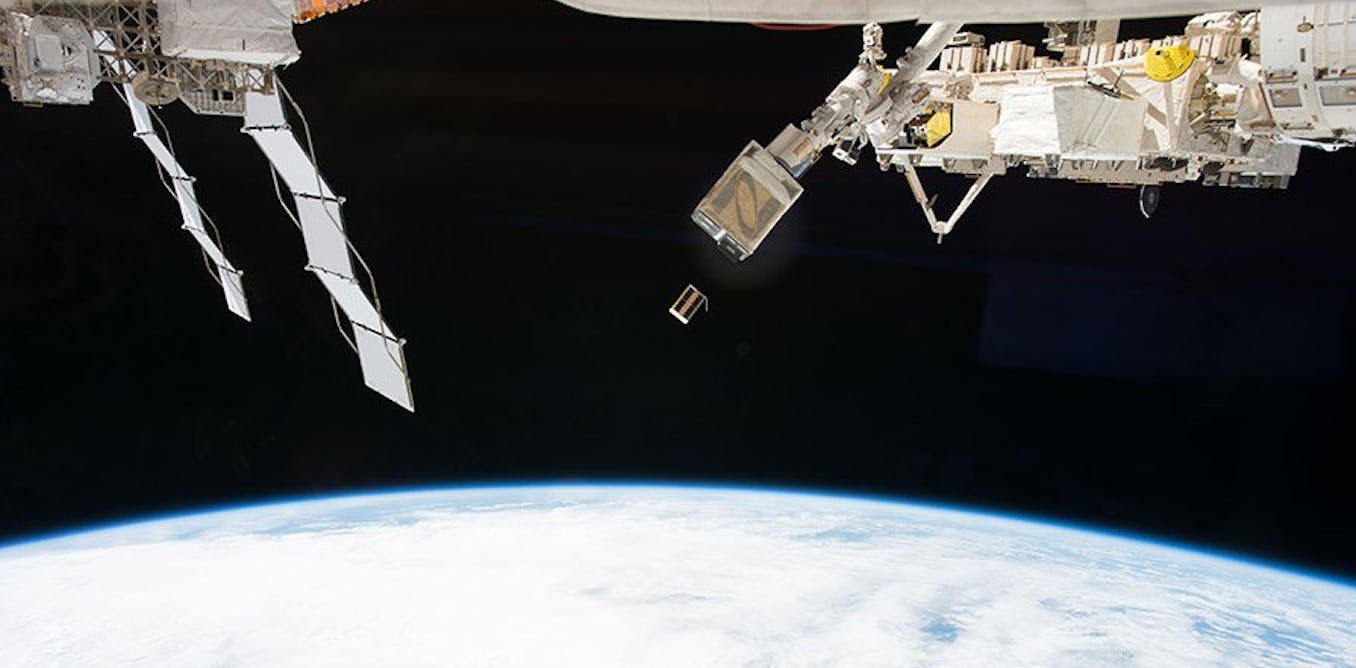A small telescope past Saturn could solve some mysteries of the universe better than giant telescopes near Earth
Such a mission could be developed soon, allowing astrophysicists to take selfies of the solar system and use the Sun’s gravity as a lens to peer deep into space.
Nov. 1, 2021 • ~9 min








